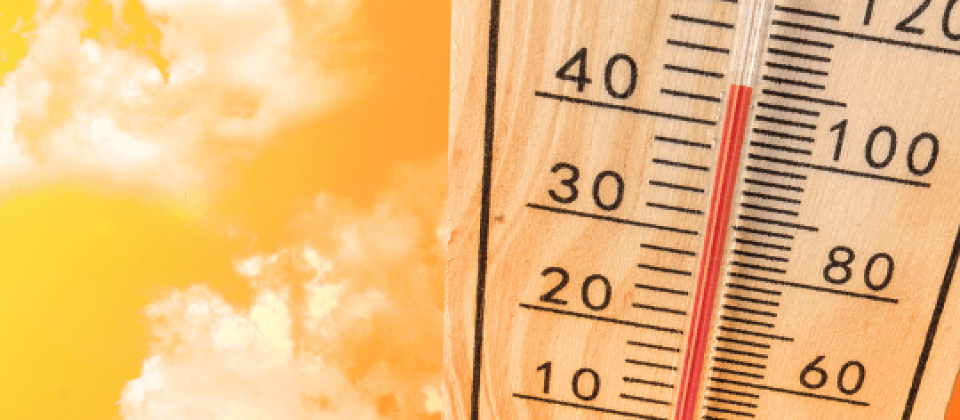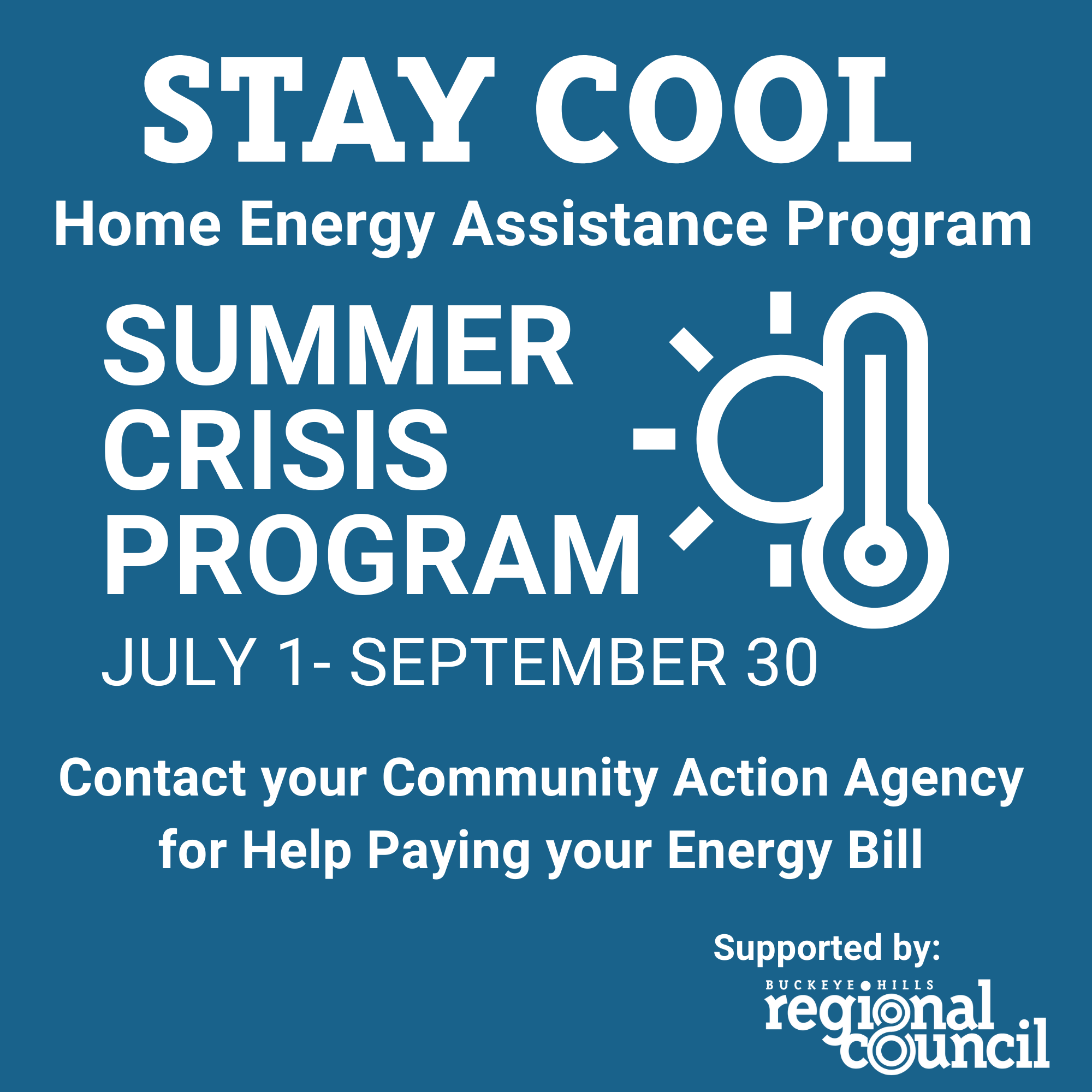
Extreme Heat Can Affect Your Health

Heat is the leading cause of weather-related deaths in the United States. It’s important to know why heat can be so dangerous and who is most at risk for heat-related illnesses. Here’s what happens inside your body when it gets too hot.
To maintain our internal temperature, our body works to cool itself by moving warmer blood away from our internal organs and cooler blood toward them. Blood flows from the core to the skin to release the heat. You start to perspire. As sweat evaporates, it cools the skin, lowering the temperature of the blood below. That blood then travels back to your internal organs to cool them down.
The body uses these two techniques all the time to maintain its internal temperature, even when you don’t feel particularly hot.
One cause of injury during heat waves is people fainting when they stand up because their blood pressure is too low. As the body works harder to stay cool, the need to increase circulation to the skin causes your heart rate to go up and your blood pressure to drop.
Heat can become dangerous starting at temperatures as low as 80 degrees for older adults and people with pre-existing conditions that affect circulation or the sweating response, such as diabetes. People with cardiovascular issues are especially at risk because of the strain on the heart.
Heat Exhaustion
Heat exhaustion sets in when you have a high internal temperature, generally between 101 and 103 degrees, and usually in combination with dehydration. You will start to feel fatigued and, if you’re doing an activity, your muscles will tire more quickly. You might also experience nausea, headache, a fast heart rate and shallow breathing.
Heat exhaustion occurs when the body becomes severely dehydrated. If left untreated, it leads to heat stroke. If you suspect a person is having a problem with the heat, err on the side of caution and insist they get into shade and cool down.
Signs of Heat Exhaustion
- Heavy sweating, cold, clammy skin
- Dizziness or fainting
- A weak and rapid pulse
- Muscle cramps
- Fast, shallow breathing
- Nausea, vomiting or both
Heat Stroke
Heat stroke occurs when the body reaches an internal temperature of 104 degrees and above. The characteristic of heat stroke is confusion and delirium as the brain becomes overheated and starved of oxygen. Blood pressure has often dropped too low for too long, causing internal organs to become deprived of blood and therefore oxygen. The high temperature itself can also cause cell death, leading to organ failure. Some of the most important organs affected by extreme heat are the kidneys, heart, gut and brain. When the body is dehydrated, the brain sends a signal to stop circulating as much blood to the kidneys to avoid losing fluid in the form of urine. When the heart can’t keep up with the demand of increased circulation, it also doesn’t receive enough blood and becomes deprived of oxygen. This can cause potentially deadly damage.
High humidity can make it seem hotter than it is as the body isn’t able to cool itself as effectively through sweating in muggy conditions. Seniors with pre-existing conditions or who takes certain medications might experience heat stress more quickly.
Dehydration

Dehydration occurs when you use or lose more fluid than you take in, and your body doesn’t have enough water and other fluids to carry out its normal functions. If you don’t replace lost fluids, you will get dehydrated.
This can happen either when a person doesn’t drink enough, or when he or she loses large amounts of fluid through diarrhea, vomiting, sweating, or exercise. A severely dehydrated body no longer has enough fluid to get blood to vital organs. This can cause shock—a life-threatening condition. Because elderly people don’t feel thirst, make a special effort to provide the person in your care with enough fluids. A person’s fluid balance can be affected by medication, emotional stress, exercise, nourishment, general health, and weather. Dehydration, especially in the elderly, can increase confusion and muscle weakness and cause nausea. Nausea, in turn, will prevent him or her from eating or drinking, causing more dehydration. Seniors are in danger of dehydration leading to heat exhaustion and heat stroke.
Older adults can also become dehydrated because they may:
- Have kidneys that do not work well.
- Choose not to drink because of incontinence.
- Have physical problems that make it hard to drink or hold a glass, find it painful or exhausting to walk to the bathroom, or difficult to communicate.
- Take medicines that increase urination.
- Have minor illnesses such as influenza, bronchitis or bladder infections. Make sure the person in your care drinks extra fluids when they are not feeling well.
NOTE – Prevent heat-related illness during a power outage. Seek a place with air conditioning, drink plenty of fluids and take a cool bath or use a wet cloth to stay cool.
Source: Department of Health and Human Services; Caregiving in the Comfort of Home; New York Times
Memory Care- Dehydration and Dementia
When a person has dementia, we must be aware of the signs of thirst. To help ensure the person in your care is hydrated, offer a glass of water, but stay with the person to make sure they are actually drinking it. Offer other liquids the person enjoys, such as juice, decaffeinated tea, milky drinks, smoothies, yogurt and soups.
Taking Care of Yourself: Laughter is the Best Medicine
Studies have shown that when patients maintain a positive mental attitude, they respond better to treatment. When used with conventional medical care, laughter can reduce pain and aid the healing process. Laughter offers a powerful distraction from pain because humor allows a person to “forget” about pains such as aches, arthritis, etc.
Many of us feel awkward in joking in front of very ill patients. Some caregivers may even consider it inappropriate or insensitive. But when you can, provide a humorous environment that allows the person in your care and you to “forget” about their condition–if only for a short time.
Safety Tips- Stay Hydrated, Stay Safe
Drinking plenty of water is key to staying healthy in the heat. During hot weather, drink more liquid than your thirst indicates. Increase fluid intake, regardless of activity level. Avoid drinks containing alcohol, caffeine and sugar because they actually cause you to lose more fluid. If a doctor limits fluid intake, ask how much fluid to offer. You can usually reverse mild to moderate dehydration by drinking more fluids, but severe dehydration needs immediate medical treatment.
- Keep drinks cool, not cold, which causes stomach cramps.
- Wear loose clothing which helps air to circulate around your skin, allowing sweat to evaporate and cool your body.
- Stay out of the sun, but if you are in the sun, wear a hat, sunglasses and sunscreen.
- Sunburned skin hampers your body’s ability to cool off, so take care to avoid burns.


